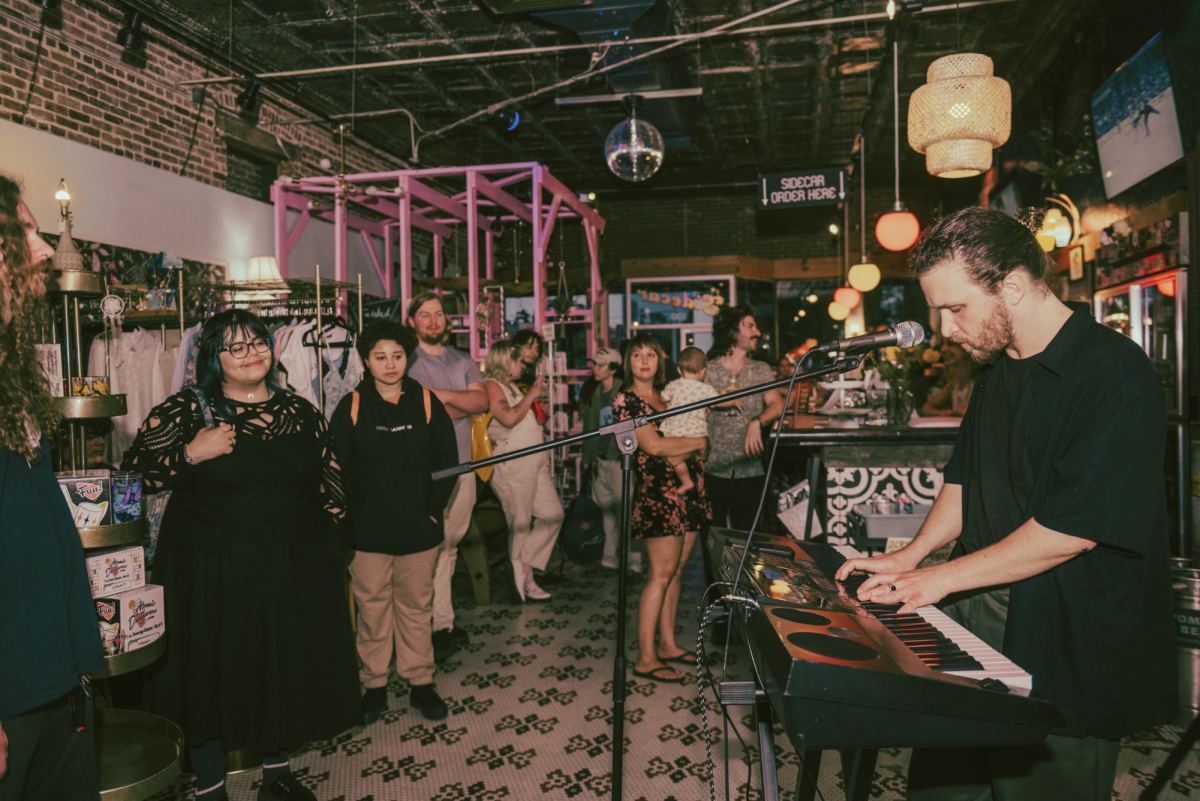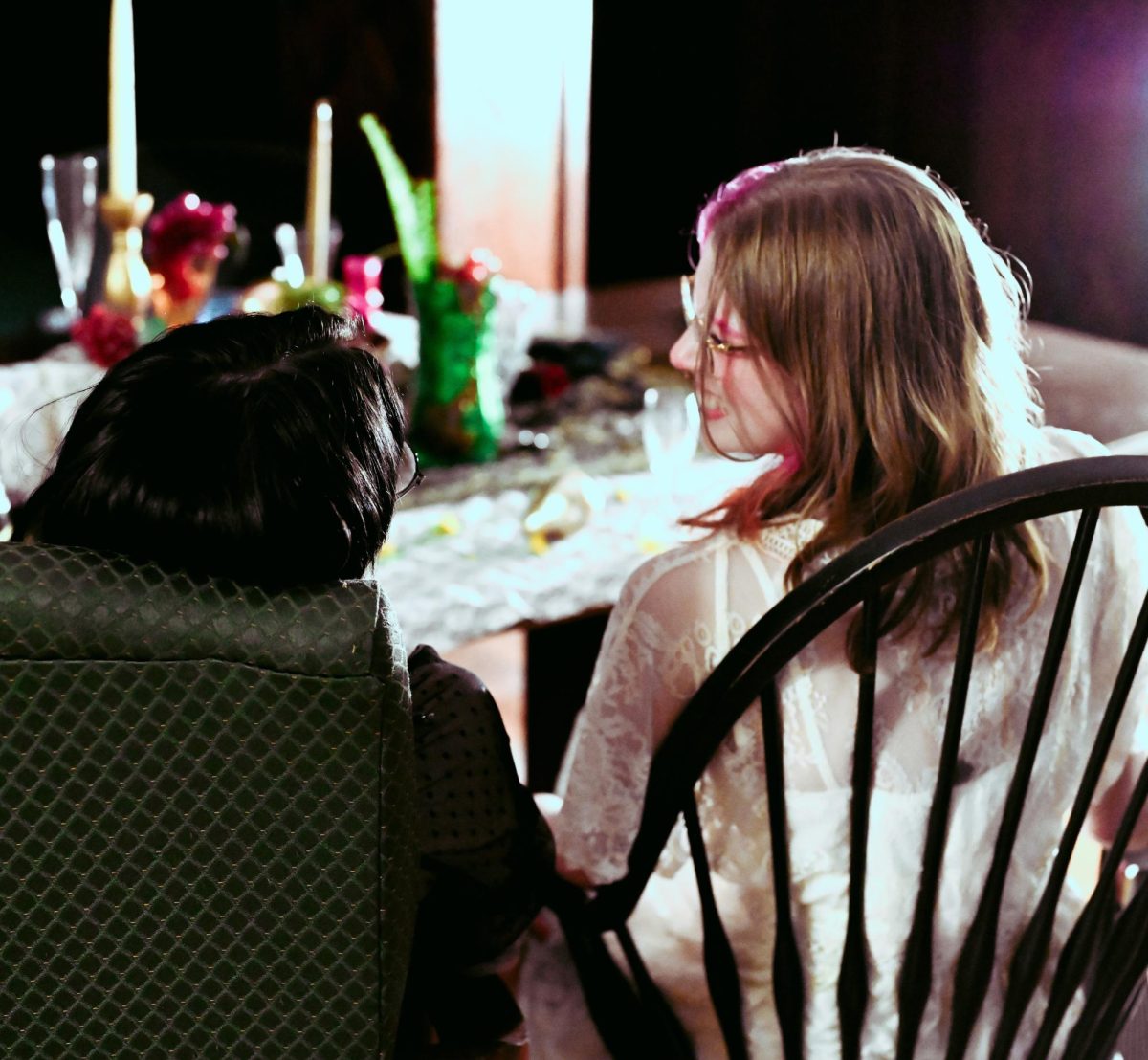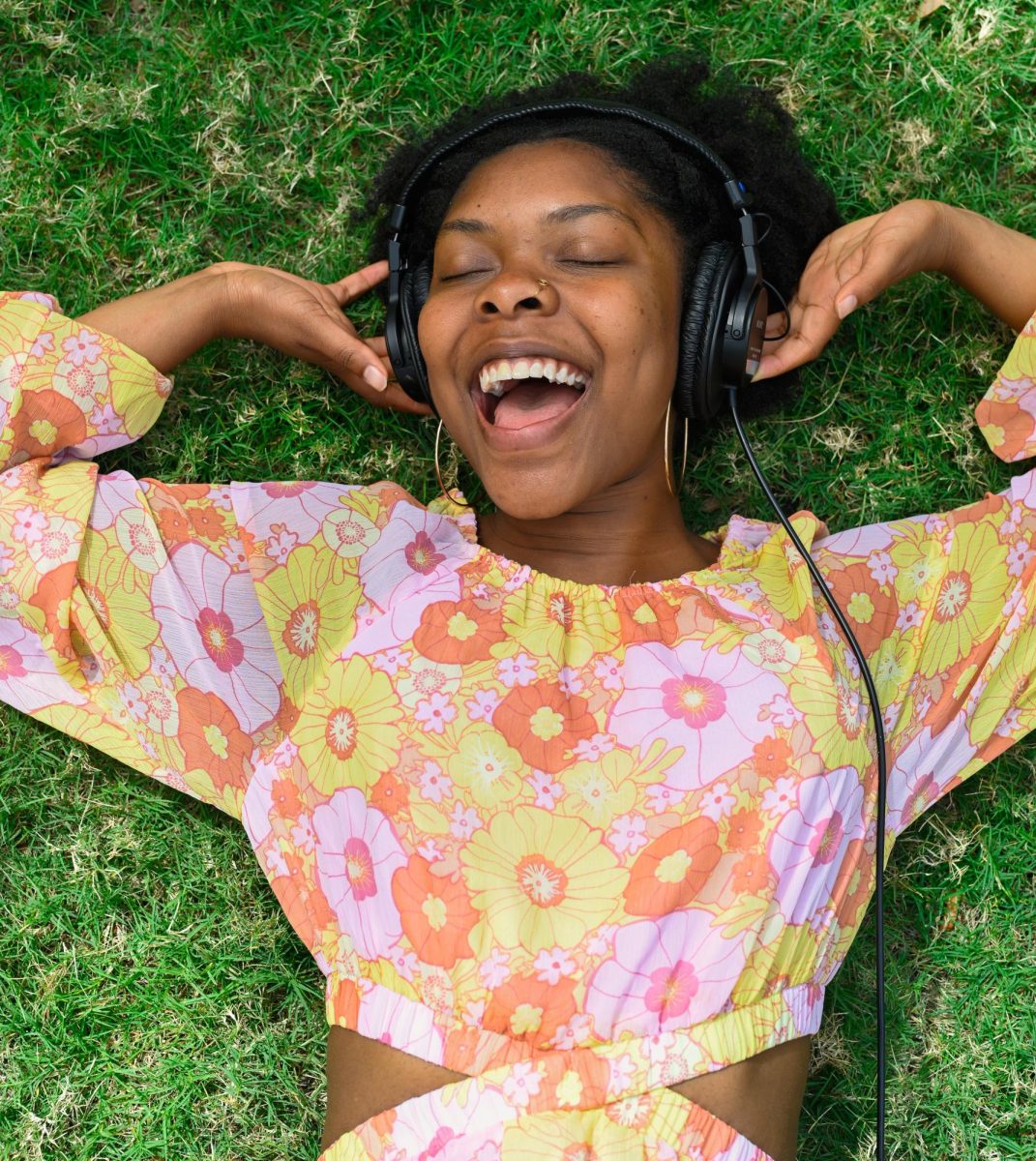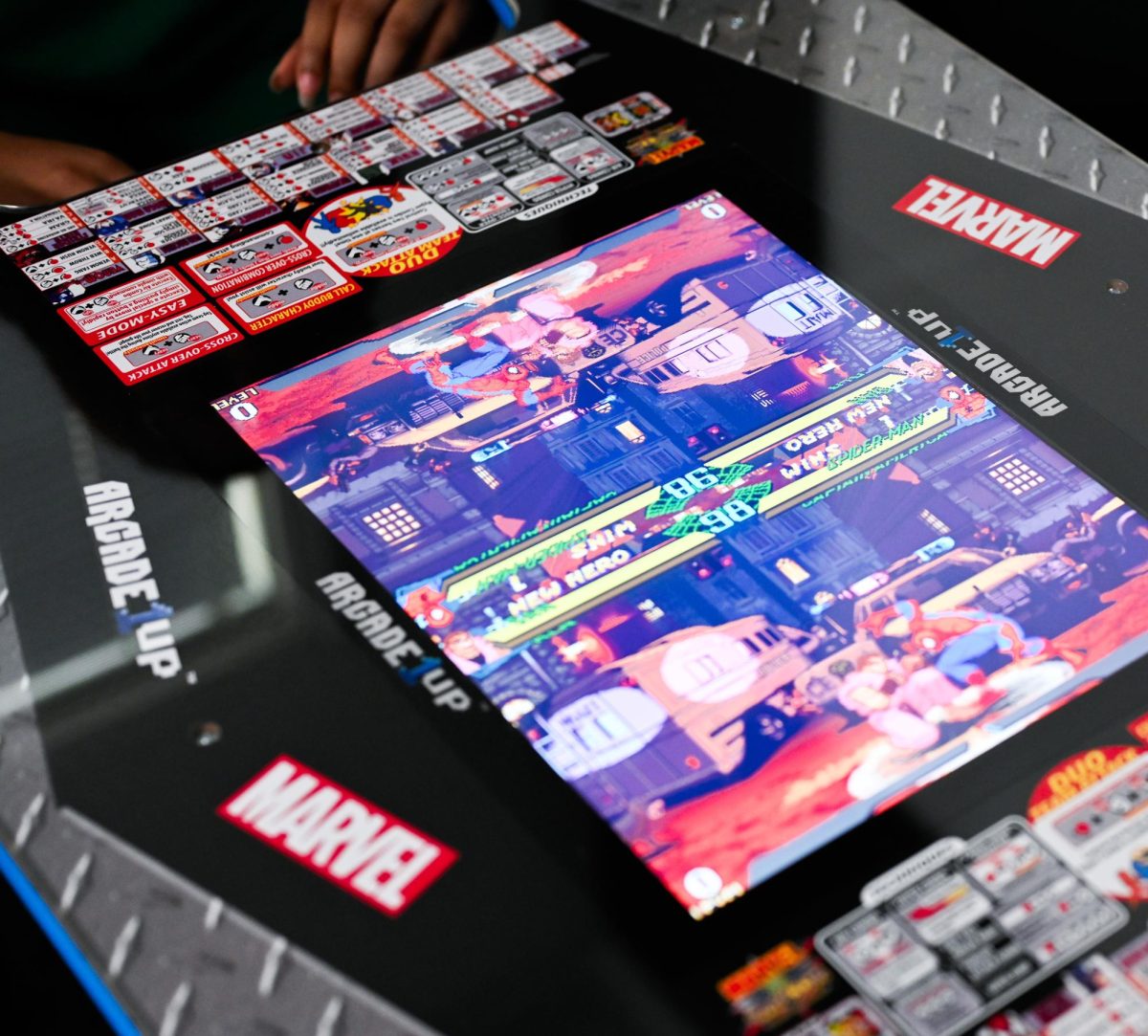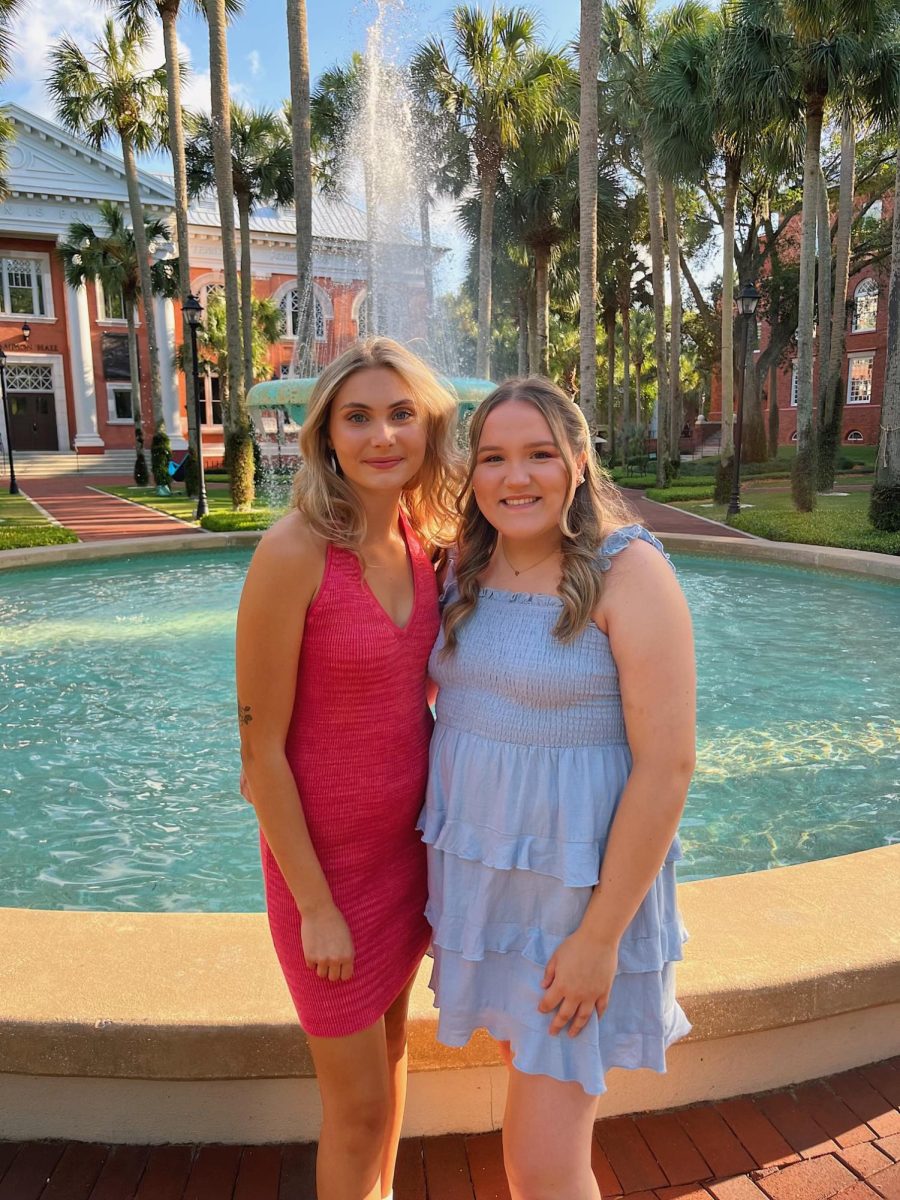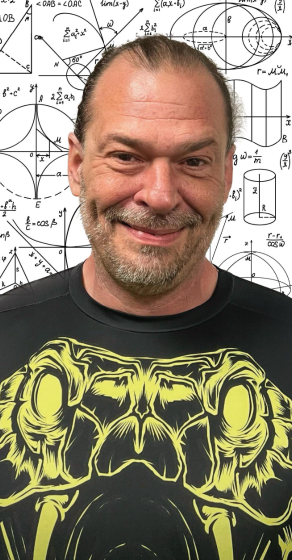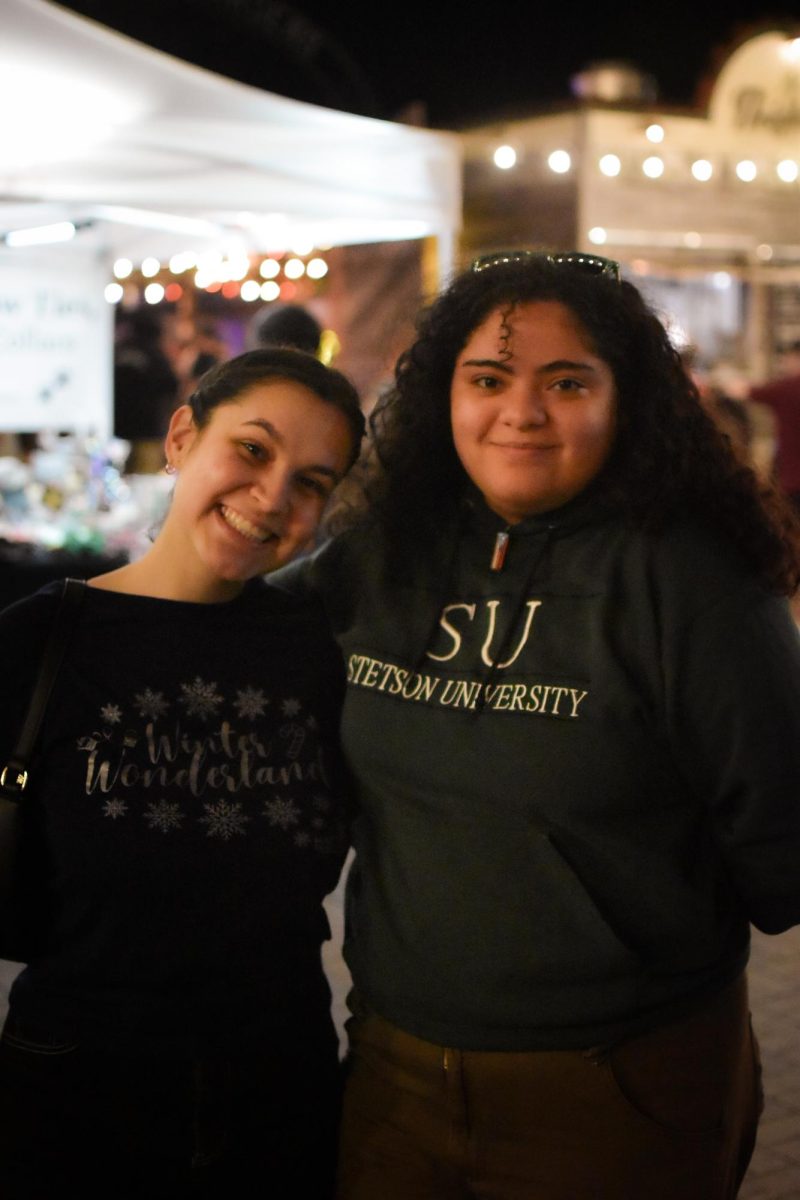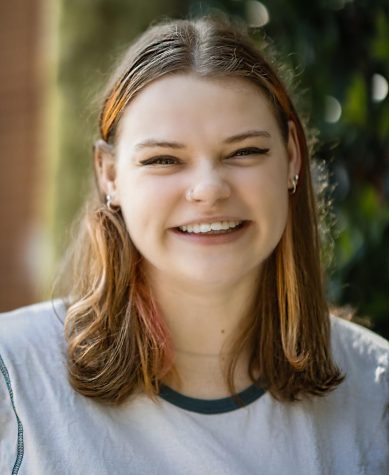Undergraduate students acquire a lot of things during their time at university: stress, stress, and more stress. However, they also gain a well of wisdom that may have been untapped had they not made the choice to take the path they did. While this wisdom may be difficult to obtain, it is certainly always worth it in the end. But here, you do not need to overcome a grand obstacle or jump a giant hurdle to gain knowledge. Four graduating seniors have agreed to talk about the biggest obstacles of their disciplines and the knowledge they gained. Now, they’ll unpack their wisdom and pass it on to you.
Owen Gonzalez (‘23), School of Music
Gonzalez is a Vocal Performance major. He is a member of the American Choral Directors Union and a program lead for the Stetson Young Singers: a community-based children’s choir hosted by the School of Music. He also works as a collaborative pianist and vocal coach with his colleagues, in addition to being the Lead RA of the First Year Area.
“My biggest obstacle was learning to overcome self-doubt and be willing to take risks. I didn’t get this far by being timid, so there’s no reason to start now. I’ve found that when I put everything I have into a performance, it ultimately makes for a better show, but it’s hard to take that leap psychologically. Related to that, another major challenge for me has been getting over my apprehension towards embarrassing myself. However, the School of Music has given me ample opportunities to make a fool of myself in front of tons of people, so I’m desensitized to the fear of failure and subsequent embarrassment. It ultimately gives me the freedom to open up on stage,” Gonzalez said.
“I’d advise all of my less-experienced colleagues to keep trying new things, and to never turn your nose up at an opportunity just because it’s foreign to you. In addition, get good sleep. You can do anything if you get enough sleep. Otherwise, you will catch the Presser Plague,” Gonzalez added.
Sam Berman (‘23) , College of Arts and Sciences (art)
Berman is a Studio Art major. While they aren’t involved in any major-related extracurriculars, they are part of the Hatter Band and Pep Band. They find joy in performing with their peers and being able to play an instrument like they did in high school.
“One of the most difficult challenges I faced while being a part of the program was maintaining the motivation to complete my assignments in a timely manner. As someone who struggles with their mental health, I often lack the energy to finish complicated tasks by the time they need to be finished. However, I am usually able to communicate these struggles with my professors and collaborate on a solution regarding this problem. I had a very difficult fall semester this school year due to personal reasons, and by the grace of my professors, I was granted much needed extensions on assignments which wouldn’t be possible if they weren’t as understanding as they were. I really appreciate my professors for being able to work with their students when it comes to personal struggles and being able to work out ways for them to be able to academically succeed,” Berman said.
“The biggest piece of advice I can give to any incoming visual arts major is to make sure you have a hobby,whether or not it relates to the arts. Being an art student can be very mentally draining with the numerous assignments we need to turn in, so being able to have something fun to do on the side really helps with keeping oneself from going into burnout. Another piece is to not forget to make art for yourself sometimes. School is going to make it so that the majority of the art you make will be graded, and while you might enjoy making those pieces, it’s still important to make art that you actually enjoy making—art made without the fear of being judged or even art without a clear meaning or direction. Lastly, your artistic ability does not define you as a person. There will be students who are better than you at making art and that’s okay, bettering your abilities is not a competition and should never be treated as such. Everyone starts from somewhere and learns at different speeds, so don’t beat yourself up if your painting doesn’t look as good as the next guy’s. That being said, there will also be people who aren’t at the same level as you, and that’s okay too. They’re learning at their own pace and the best thing you can do is offer them advice if they wish. We’re all in this together and we should all strive to help everyone succeed where we can,” Berman added.
Jenna Hassebrock (‘23), College of Arts and Sciences (science)
Hassebrock is an Environmental Science major with minors in Chemistry, Public Health, and a Certificate of Community Engagement. Besides being a tutor at the Writing Center that specializes in scientific writing, she works as a Conservative Science Intern at the Marine Discovery Center through the Bonner Program.
“I think the most difficult challenge at first was balancing a heavy course load, multiple jobs, and personal commitments. Oftentimes, exams in my STEM classes would fall on the same day or week so I had to learn how to prioritize my studying while still meeting my work and personal obligations. I think the most helpful thing for me to be able to do this was to have a very detailed planner with time set aside to study for each class. Even with my planner, there were still times where it felt overwhelming, but effectively managing my time has helped reduce how often I feel that way,” Hassebrock said.
“My advice for underclassmen would be to utilize your professors’ office hours. The professors at Stetson have a wide range of experiences and they truly enjoy helping students, so if you have a question, just go and ask them! Dr. Anderson, my academic advisor and professor, has been incredibly helpful over the past four years with everything ranging from choosing classes to finding scholarships and now to graduate school applications. I really recommend just dropping by during your professor’s office hours and asking some questions!” Hassebrock added.
Roman Sessa (‘23), School of Business
Sessa is a double major of Business Administration and Sales with a minor in Marketing. He is heavily involved in Greek life as a member of Delta Sigma Phi and former President of Interfraternity Council. On top of that, he participates in intramural sports, including basketball, football, soccer, softball, and volleyball.
“One of the most difficult obstacles I encountered was definitely adjusting from a high school work-level to college work level. I feel that this should never be overestimated, and you should be prepared to bust your butt from day one. I didn’t have much of an issue with this, but it definitely required a change of thought,” Sessa said.
“My advice for underclassmen in the business school is to be a sponge. I had a very influential person in my life say this to me and it completely changed my perspective on my teachers and faculty. Be a sponge in the sense of taking in as much knowledge as you can. Use your teachers to your advantage to further yourself in your knowledge spectrum. Knowledge is power. Once this resonated with me, it started opening more of my doors to question asking and conversation which has helped me tremendously along the way,” Sessa added.
The experiences of these seniors echo many of my own, as I’m sure they do with most graduates. My hope is that you take at least one piece of advice from this edition of “Unpacked” and are able to apply it to your undergraduate experience. As a university student, it is easy to become overwhelmed and have the urge to either shut down or overextend yourself. College is a new experience and people either freeze or try to do too much. My advice to you is to find a happy medium for the perfect balance. Forcing yourself out of your comfort zone is essential to succeeding in life and college is the perfect opportunity to do so. However, if you continue to push yourself, you might take on too much and end up burning out, which is not good either. To find a balance, say yes to new opportunities but be conscious of your other responsibilities. Remember to make time for yourself and your own wellbeing. You do not have to do everything today; there will always be tomorrow. However, at the same time, you cannot always do nothing, for tomorrow will not wait. One day, it will be you graduating and passing on your wisdom, and I hope that the wisdom you collect is worthwhile.



